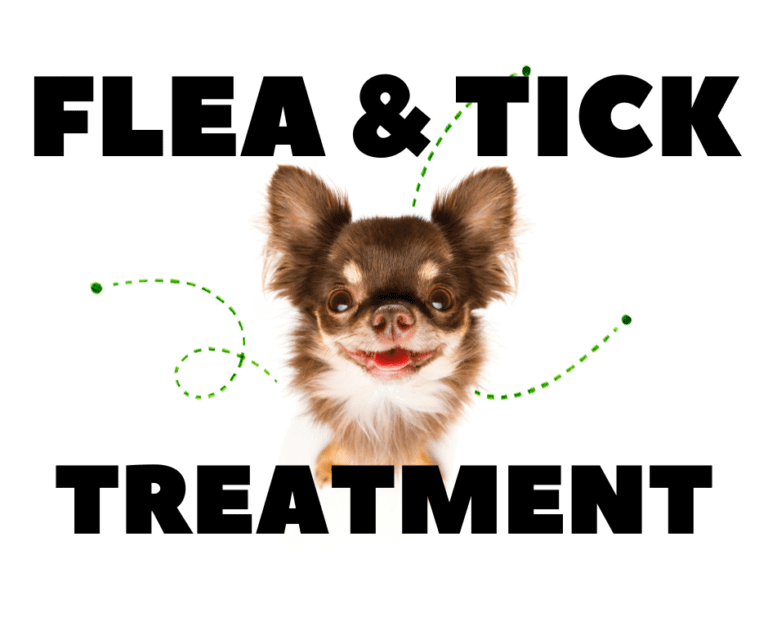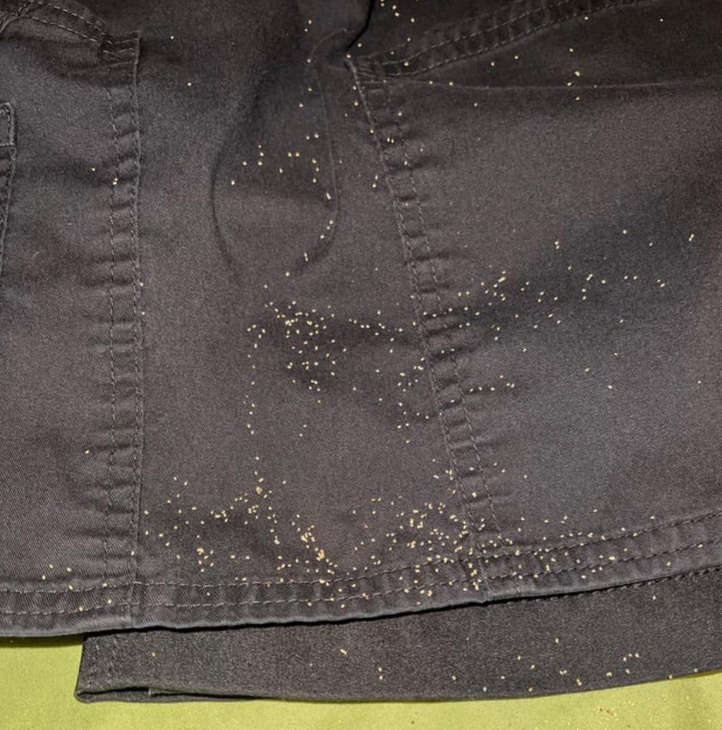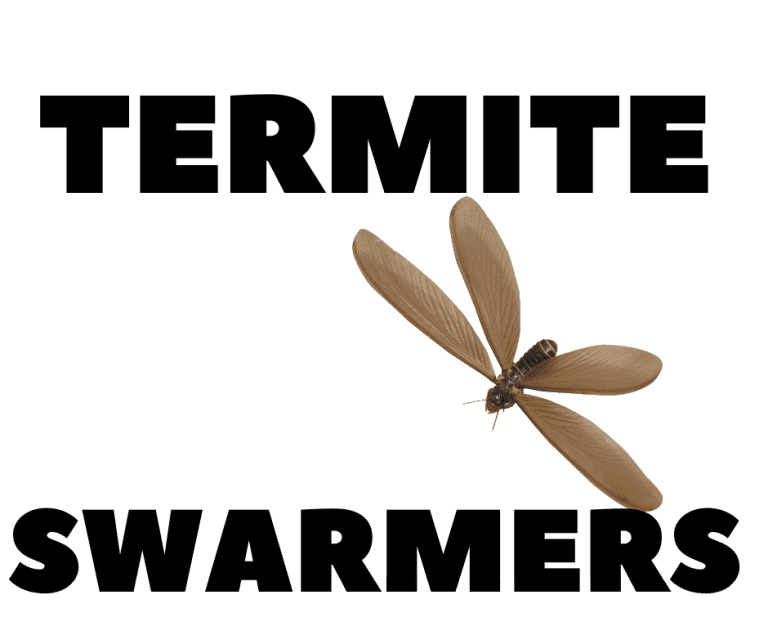Feeling Strange Crawling Bugs on Your Skin? It Might Not Be What You Think (Formication Explained)
Table of Contents
Crawling bugs on your skin. At Pest & Lawn Organic Guard, we’re used to solving real pest problems — but once in a while, we end up having a very different kind of conversation with our customers.
And trust me, it’s always a little awkward when the bug guy has to gently suggest that the problem might not be bugs at all. (Hey, I never thought “medical consultant” would end up on my resume either! 😅)
The feeling of bugs crawling on or under your skin — even when there are no bugs there — is called formication.
It’s a real, well-documented medical symptom, and it can be caused by a few different things.

Common Causes of Formication
1. Hormonal Changes (Like After Giving Birth)
One time, a brand-new mother called me, convinced invisible bugs had bitten her after returning home from the hospital.
In her case, it turned out to be postpartum hormonal changes — a normal but strange side effect as the body rebalances after childbirth.
2. Medication Side Effects
Every year, I get a few calls from older customers who think they’re being bitten by bugs they can’t see.
Often, it turns out to be related to new medications or changes in their prescriptions.
Sometimes it’s:
- A brand-new medication
- A medication you used to tolerate but now don’t
- An interaction between multiple medications
I even watched this happen to my own grandmother — once she started seeing multiple doctors and was prescribed lots of different medications, she developed these same skin-crawling sensations.

Medications That Can Cause Formication
Some types of medications that are known to cause formication include:
- Antidepressants
- Antipsychotic medications
- Allergy medications (antihistamines)
- High blood pressure medications
- Hormone replacement therapy drugs
- ADHD medications (like amphetamines)
- Anti-anxiety medications (like benzodiazepines)
- Chemotherapy drugs
- Certain painkillers and opioids
- Statins (cholesterol medications)
Even over-the-counter medications can sometimes cause these sensations!
And yes, if you’re wondering — “Meth bugs” (methamphetamine users scratching at invisible bugs) — that’s the exact same phenomenon, just turned up to eleven.
(No, you don’t need to be on meth for this to happen. I promise!)
Real Bugs vs. Phantom Bugs: How to Tell the Difference
Of course, sometimes there really are bugs — like fleas, bed bugs, or even tiny ghost ants — and your brain starts overreacting to every little itch, hair tickle, or sensation.
But formication is more intense and persistent. It’s often a sign of a bigger health issue.
If you’re not sure if it’s a real bug problem or something else, here’s what you can do:
- Set out sticky pest monitoring traps near your bed, favorite chair, and other resting spots.
- Check the traps after a few days.
If there are no bugs stuck to the glue, it’s time to talk to your doctor — not your pest control guy. (But hey, I’m always happy to help figure it out if needed.)
A Friendly Word of Caution About Medication Changes
If you ever have a medication change — even if it seems minor — keep a close eye on your body’s reactions.
It’s easy to trust that doctors have everything perfectly figured out, but the truth is, even great doctors can make mistakes.
There are plenty of malpractice lawsuits that show why it’s important to be your own advocate (or advocate for your family members).
If something feels wrong, speak up. Don’t ever feel bad asking questions about your care.
Final Thoughts
If you think you might have a real pest problem, we’re always happy to help you check it out.
But if you’re feeling crawling sensations with no evidence of bugs, please get in touch with your healthcare provider right away.
Early action can make a big difference — and sometimes a simple medication adjustment can get you feeling like yourself again.
Stay safe, stay healthy — and if you do end up needing real pest control, you know who to call.
FAQs: Feeling Bugs on Your Skin – Is It Real or Medical?
https://my.clevelandclinic.org/health/symptoms/23960-tactile-hallucinations-formication







